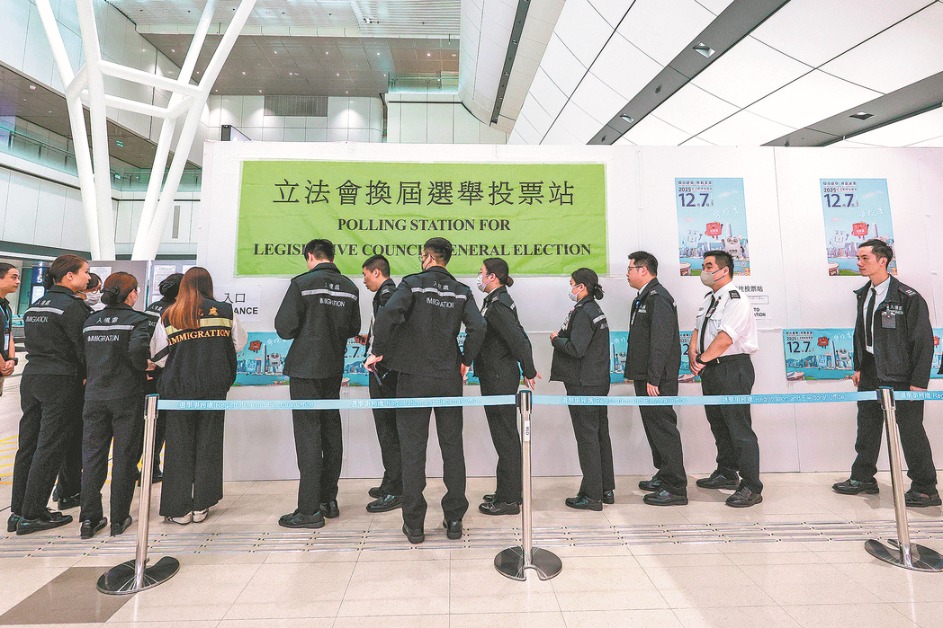Key FTSE index to get 150 A shares
By SHI JING in Shanghai | China Daily | Updated: 2020-09-19 09:31
A total of 150 A shares listed on Chinese bourses will be included in FTSE Russell's Global Equity Index Series beginning from the start of trading on Monday. The changes are based on a quarterly review announced by the London-based index compiler on Aug 21, showing China's stock market has gained increasing recognition among overseas investors.
In late June, FTSE Russell completed phase one of China A-share inclusion into its global equity benchmarks. Chinese A shares now constitute about 6 percent of the FTSE Emerging Index, which is tracked by approximately $140 billion in investor assets.
Waqas Samad, CEO of FTSE Russell, said the inclusion of A shares on the index is a "landmark in the development of China's capital market, enhancing access for international investors".
The A-share market applauded the upcoming inclusion. Net intraday inflows of northbound capital-the trading volume from overseas investors using the stock connect program between Shanghai; Shenzhen, Guangdong province; and Hong Kong-topped 9.47 billion yuan ($1.4 billion) on Friday. Shanghai-based market tracker Wind Info said more than 110 billion yuan in foreign capital has entered the A-share market so far this year.
Hu Bo, a fund manager at Shenzhen Rongzhi Investment Consultant Co, said that the inflow of northbound capital will be a long-term phenomenon. The major reason is overseas investors' positive outlook on China's economic recovery and growth. Industries such as new energy vehicles, consumption and medicine, whose share prices contracted in recent trading days, have now shown their value and will become the new targets of northbound capital.
During the China International Finance Annual Forum 2020 held in Beijing on Sept 6, Fang Xinghai, vice-chairman of the China Securities Regulatory Commission, said that China has steadily promoted the opening-up of its capital market over the past three decades, which is conducive to the quality development of the country's financial sector and economic growth in general. While overseas investors have increased their investment in China, they have also brought in the concept of value investment, helping to enhance China's capital market transparency and to improve corporate governance.
As of Sept 3, overseas investors held a total of 2.01 trillion yuan worth of A shares via the stock connect program between the Chinese mainland and Hong Kong, taking up 3.28 percent of the A-share market's total value, Fang said. Their position would be as high as 4.69 percent if their investment via qualified foreign institutional investor and qualified domestic institutional investor mechanisms were counted.
But compared to the Japanese and South Korean stock markets, where overseas investors hold 30 percent of the market value, overseas investors still account for a small part of the A-share market. Therefore, there is still much potential for the A-share market to attract more foreign capital inflow, he added.
























